Exploring 50 Hilarious, Heartwarming, And Bizarre Airport Moments Captured In Photos

"It’s illegal to sell your eyeballs (Texas)."

In a world filled with rules and regulations, some laws stand out for their sheer oddity rather than their practicality. Recently, we delved into the realm of peculiar laws with a photo series that humorously depicted people unwittingly breaking some of these archaic statutes.
The overwhelming response prompted us to delve deeper into America's most bizarre laws that continue to perplex and amuse us. Across the United States, laws are so peculiar that they seem more like jokes than legal statutes.
From coast to coast, small towns and states uphold regulations that defy common sense and often reflect the quirks of their historical past. While compiling a comprehensive list would be akin to embarking on an endless journey, we've curated a selection of 22 of the most eyebrow-raising laws for your amusement.
Few curiosities rival the absurdity of Waynesboro, VA's enduring decree. According to local law, it remains illegal for a woman to drive a car down Main Street unless her husband walks ahead of the vehicle, brandishing a bright red flag.
Such a law, rooted in a bygone era, is a stark reminder of how societal norms and expectations have evolved. However, the pinnacle of peculiarity might only be found in Washington state, where residents are cautioned against harassing anyone other than Bigfoot.
Yes, you heard it right—under Washington law, individuals can face legal consequences for antagonizing the mythical creature, a testament to the region's rich folklore and perhaps a nod to its unique blend of skepticism and belief.
Beyond these standout examples, numerous other laws continue to baffle and entertain. For instance, in Alabama, carrying an ice cream cone in one's back pocket on Sundays is prohibited—an obscure mandate whose origins remain a mystery lost to time.
Meanwhile, in Idaho, citizens are forbidden from giving someone a box of chocolates weighing more than 50 pounds—a rule that raises more questions than answers. The motivations behind these laws often lie buried in the past, offering glimpses into the concerns and sensibilities of earlier generations.
Some were crafted to address issues that have long since faded from relevance, while others reflect attempts at maintaining order in ways that now seem comically outdated. In Colorado, for instance, keeping a couch on your porch is illegal—an attempt, perhaps, to preserve neighborhood aesthetics or prevent impromptu gatherings.
Similarly, in Oregon, recreational activities involving saliva—such as spitting in public—are strictly regulated, a measure likely aimed at promoting hygiene in bustling urban centers of yesteryear. While many of these laws remain largely unenforced or exist in legal limbo, their existence sparks conversations about the nature of law and the peculiarities of human behavior.

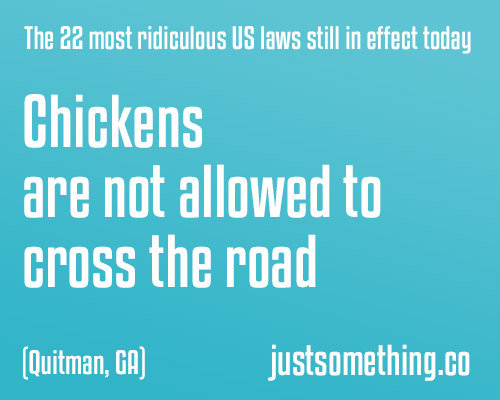





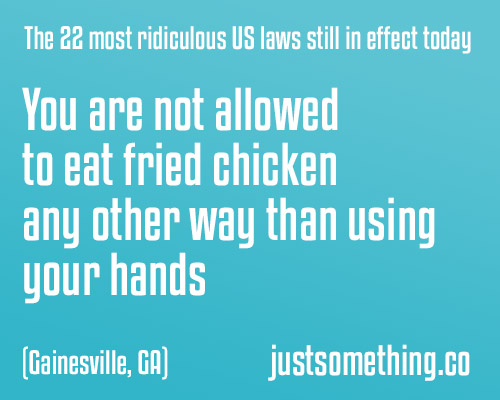
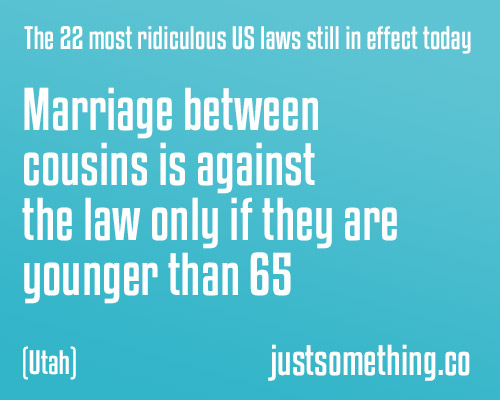

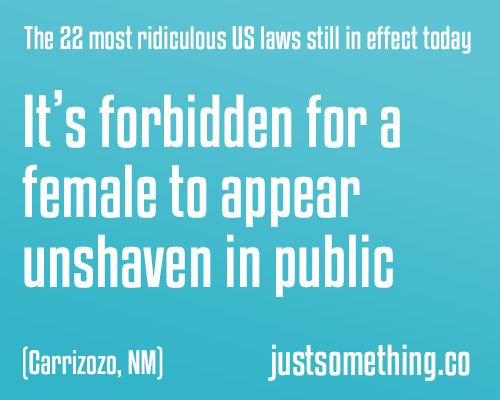
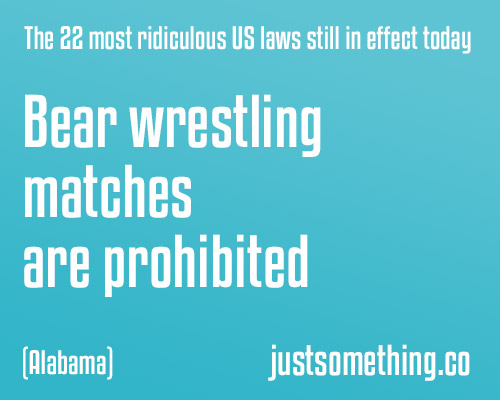


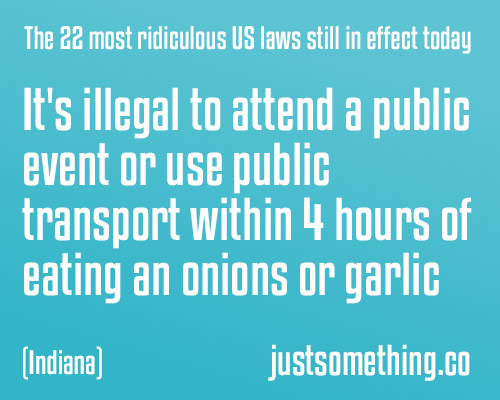

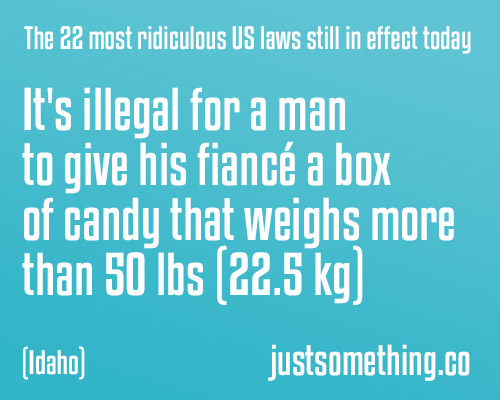

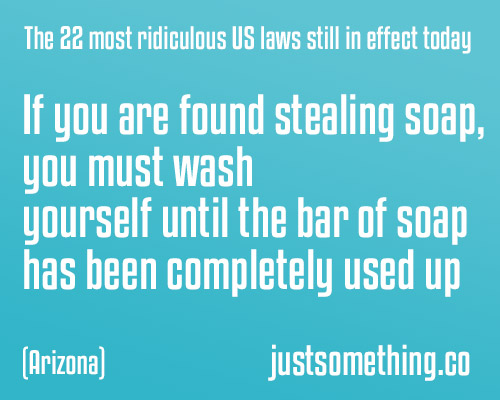
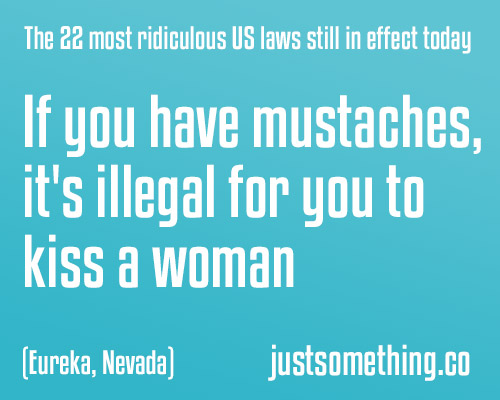

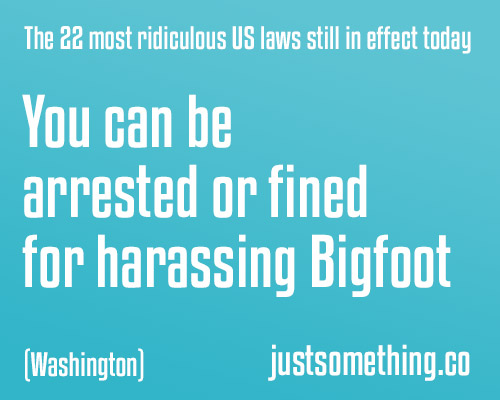
As we go about our busy lives today, these strange laws give us a chance to smile and think about the funny side of history. Across America, these laws can be surprising and amusing, showing us how rules have evolved. They may seem odd, but they are part of what makes this country's story fascinating.
So, if you ever think about enjoying ice cream on a Sunday in Alabama or hearing stories about Bigfoot in the Pacific Northwest, remember this: each weird law has a story that adds to the colorful patchwork of American culture.





